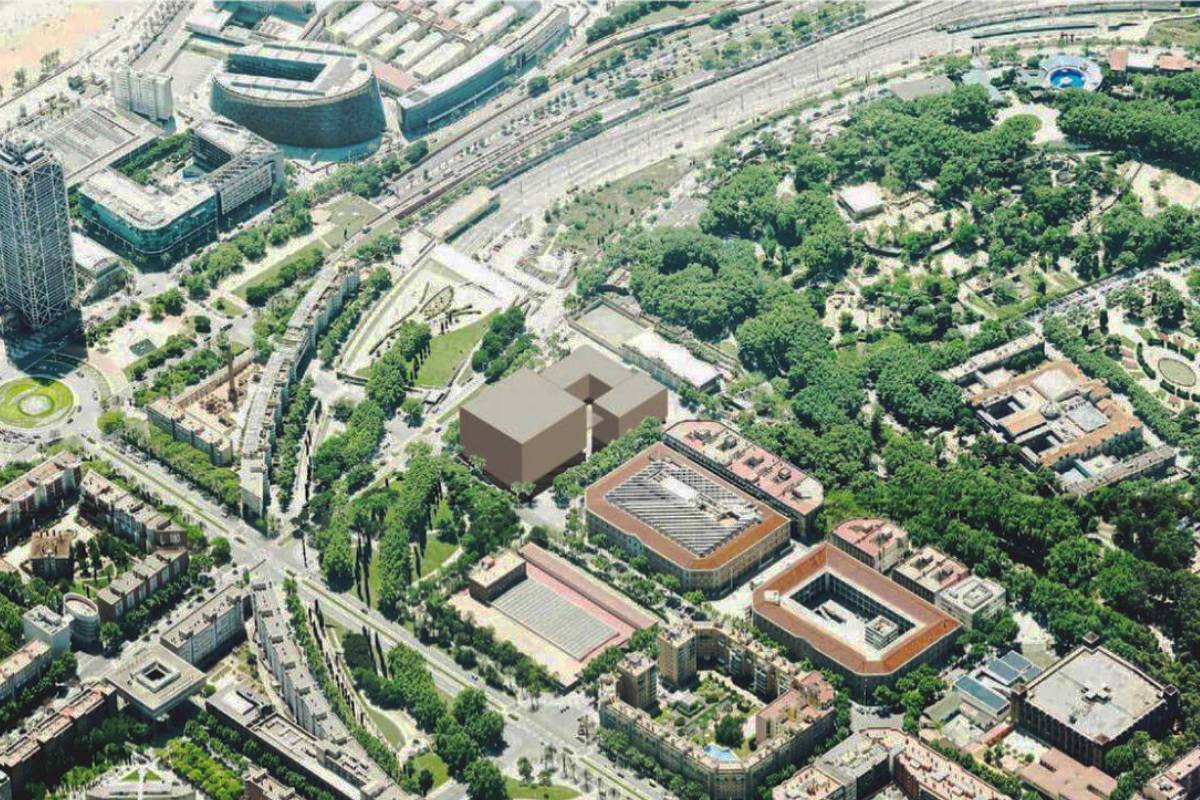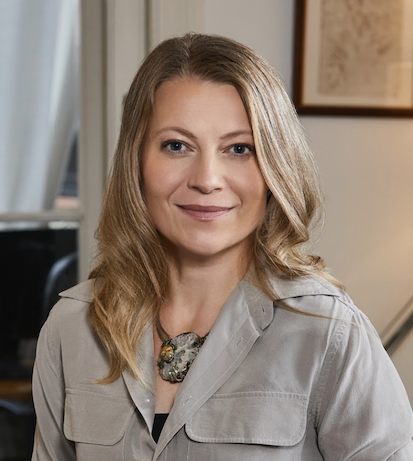'Ciutadella's knowledge hub', Barcelona's new center for scientific research

Photo: 'Ciutadella's knowledge hub' plan.
This ambitious project, which groups several research centers in and around the Ciutadella Park in order to generate productive synergies, is already well on the way to positioning the city as a major magnet for scientific research
Due to its facilities, researchers, and well-established scientific ecosystem, Barcelona already generates the highest volume of scientific research in Spain and ranks fourth in the EU according to the journal Nature’s annual index.
One example of the many initiatives to promote science in the city is the agreement between the city council and AstraZeneca to encourage innovation, scientific talent and health startups, a field for which Barcelona has already succeeded in attracting more than 300 million euros. The Ciutadella Knowledge Hub, which is due to open in 2025, will be another major step forward in the development of scientific research in the city.
That's why we bring you today all of the special features of 'Ciutadella's knowledge hub', the new Barcelona's new science hub, which is set to open by the end of 2025.
What is the Ciutadella Knowledge Hub?
As its name suggests, the Ciutadella Knowledge Hub will be a large, multi-disciplinary science complex that will enable the best research centers in Barcelona to work together in order to create synergies. The project will also bring the Ciutadella Park into the 21st century. With an investment of 104 million euros, more than 1,200 researchers will be working in the area by the end of 2025.
The first drafts to turn the former city fish market into a major science center were drawn up in 2017. At the same time, plans were also made to breathe new life into the park and its surroundings (an area of 300,000 m2); the plan involves renovating the historic buildings, updating Barcelona Zoo, and creating a new public library next to the Estació de França buildings.
The Pompeu Fabra University (UPF), the Barcelona Institute of Science and Technology (BIST) and the Spanish National Research Council (CSIC), the three main institutions behind this ambitious project, will create a number of new research centers working on a range of complex projects.
The UPF and the CSIC, for example, will be backing a research center for biodiversity led by the Institute of Evolutionary Biology (IBE); the UPF will dedicate a center to the health of the planet and will reinforce the adjoining Law, Economics, Political Science and Humanities faculties; the BIST will open a center in which there will be some 800 researchers working in four areas: the Centre for Genomic Regulation (CRG), the Institute for Bioengineering of Catalonia (IBEC), the Catalan Institute of Nanoscience and Nanotechnology (ICN2) and the Institute for Research in Biomedicine (IRB).
The work to turn the Ciutadella Park and its surroundings into a European hub for knowledge, communication, research, and cutting-edge innovation is already well under way. The well-known Mercat del Peix (the former fish market) which extends over 7,500 m2, will be home to a total of some 1,200 researchers.
For and by Barcelona
At the beginning of October, a unique European biology initiative, the Barcelona Collaboratium for Modelling and Predictive Biology, was launched at the Pasqual Maragall Foundation, located next to the park. This ambitious predictive biology coworking, made up of the best experts in the field, is essential for generating synergies, providing the perfect opportunity for combining research models and a range of different methodologies.
The staff of researchers will not be fixed, since the objective is to attract all talented researchers who may wish to participate, and eventually to launch four or more startups specializing in computational biology and artificial intelligence. The project is promoted and funded by the Center for Genomic Regulation, the European Molecular Biology Laboratory, and the Catalan Government.
The collaboration of the various bodies involved to date has been essential for rolling out the Ciutadella project. In addition to the main promoters mentioned above, there are a range of other sponsors who have all contributed to ensuring that science in Barcelona develops its full, world-leading potential. They include the University of Barcelona (UB), the Autonomous University of Barcelona (UAB), the Institut de Ciències del Mar (Marine sciences Institute), Hospital del Mar, ISGlobal, ICREA, the Catalan Parliament, the Design Museum, the Natural Sciences Museum, the Museum of World Cultures, the Picasso Museum, and the Born Cultural Center.
If you want to know the latest news about Barcelona, its talent and its projects, subscribe to our newsletter.







